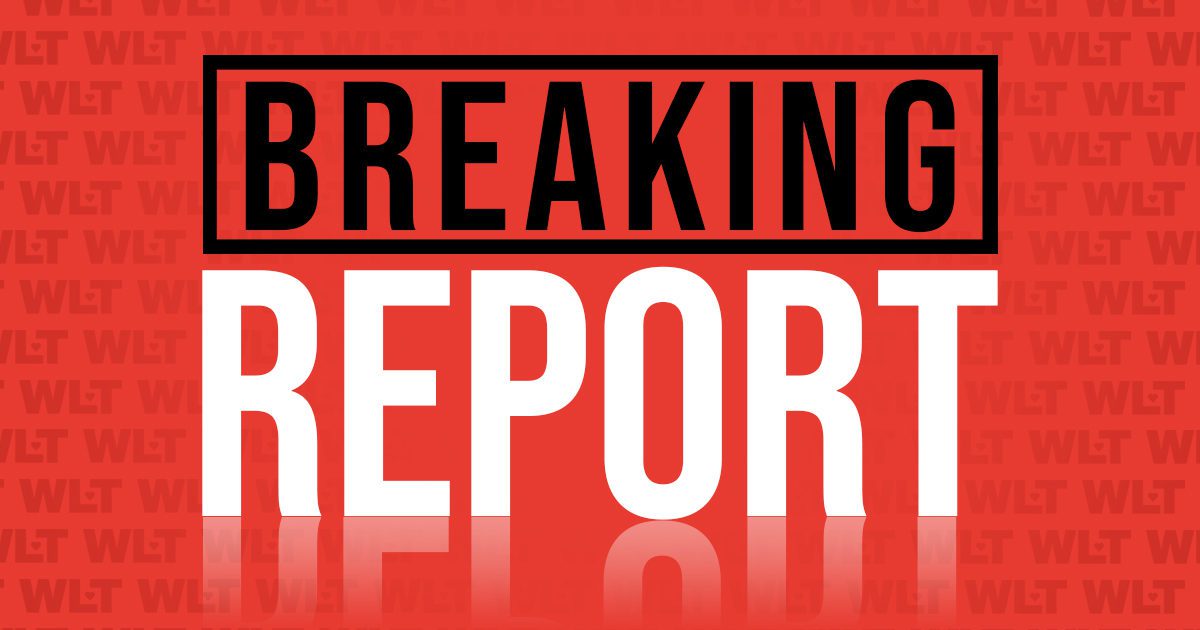Silicon Valley Bank was just shut down by regulators in California.
Sources claim that depositors were engaged in a classic run on the bank—I wonder what customers and clients of Silicon Valley Bank knew?
According to Watcher Guru, this closure makes SVB the 2nd largest banking failure in U.S. history:
One month ago, Jim Cramer urged investors to buy Silicon Valley Bank stock $SIVB.
Today, the bank was closed by California regulators, making it the 2nd largest banking failure in US history. pic.twitter.com/5jgjqTGxld
— Watcher.Guru (@WatcherGuru) March 10, 2023
Will this be the moment that precipitates an economic collapse like the one in 2008 when Lehman Bros and Bear-Stearns collapsed?
Is this the first crack in an already incredibly strained financial system? Here are pundits in the mainstream financial media discussing the latest bank collapse:
Fox News had more details:
SVB, which caters to the venture capital community, had 17 branches in California and Massachusetts. It was the 17th-largest bank in the U.S., and has been considered a go-to for startups for decades.
Earlier this week, SVB disclosed mounting losses, and shares plummeted more than 60% before being halted. The bank was in the middle of a liquidity crisis after announcing plans for a $1.25 billion stock sale with little interest.
Daily Noah.Com didn’t miss the chance to poke fun at Silicon Valley Bank:
BREAKING: We have obtained exclusive footage from within a Silicon Valley Bank branch office from this morning… pic.twitter.com/pXL2iX7ZIf
— DailyNoah.com (@DailyNoahNews) March 10, 2023
CNN voiced an alternative opinion:
Yet most analysts say the implosion of SVB appears company-specific for now. A crucial lender to US technology startups, the bank came under pressure as Silicon Valley funding dried up, the result of an economic slowdown and rapidly rising interest rates.
“The reason [SVB is] in trouble is because they have exposure to particular industries,” said Jonas Goltermann, deputy chief markets economist at Capital Economics. Most other banks, he added, are more “diversified.”
There’s also less anxiety about the stability of the banking sector due to the significant regulatory reforms put in place after the crisis in 2008.



Join the conversation!
Please share your thoughts about this article below. We value your opinions, and would love to see you add to the discussion!